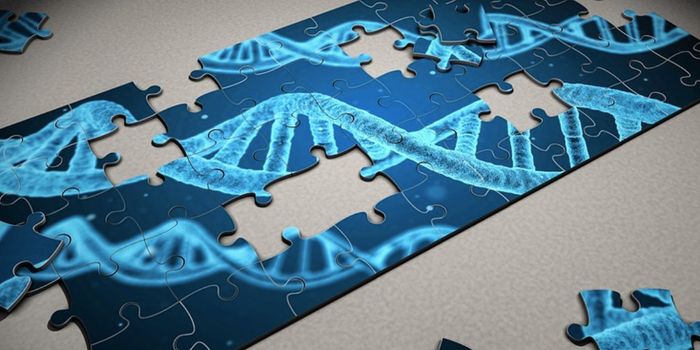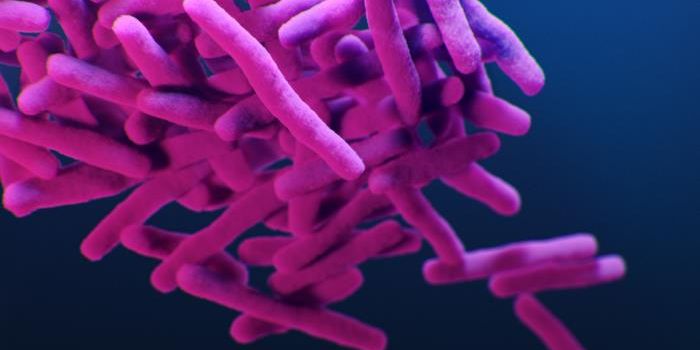Cancer Drug Target Could Actually Worsen Disease
Cancer drugs have been developed that target an enzyme, Shp2, that's a phosphotyrosine phosphatase; it works to remove phosphate groups from the parts of proteins that contain the amino acid tyrosine. Shp2 (Src homology 2-containing protein tyrosine phosphatase 2) has a normal role in many signaling pathways in cells. But many types of cancer cells can also use Shp2 to promote their growth and survival. Proteins that can be utilized to help cancer develop are called oncoproteins, and they are encoded by oncogenes; cancer can start when oncogenes acquire mutations, and turn from normal genes into cancer-driving genes. Since Shp2 can work in that way, researchers have targeted it; the reasoning was that if Shp2 was promoting cancer growth, that growth might be halted if the protein was inhibited.
New research published in Cell Reports has suggested, however, that drugs that target Shp2 might be encouraging cancer growth.
“Targeting Shp2 as a therapy appears to actually worsen the disease, at least in the case of Myc-driven hepatocellular carcinoma (HCC) or liver cancer,” said senior study author Gen-Sheng Feng, PhD, professor of pathology in the University of California (UC) San Diego School of Medicine.
Worldwide, HCC is the sixth most common cancer type, and the five-year survival rate is only about 18 percent. There are not many treatment options and the causes are not well understood. This work has shown that those causes are even more complex than we knew.
In this work, the researchers used mouse models and single-cell RNA sequencing to reveal that tumors use Shp2 during HCC development. However, when Shp2 was removed from liver cells, an oncogene known as Myc was able to drive cancer growth. Shp2 inhibition had an unexpected impact on the immune system in the liver, in which cells that form tumors were not removed, and the progression at later stages of disease was exacerbated.
“This finding will have a profound impact in the cancer field, as both the pharmaceutical industry and research labs are putting huge efforts and resources into searching for and making chemical compounds to target Shp2," said Feng. "We believe a new, effective therapeutic strategy must address the secondary tumor-promoting microenvironment generated in response to the primary (Shp2) targeting compound.
Feng noted that if anti-cancer strategies are going to be successful, they should be developed to not only attack the primary tumor, but also reduce the chance that cancer will recur.
Sources: UC San Diego, Cell Reports









